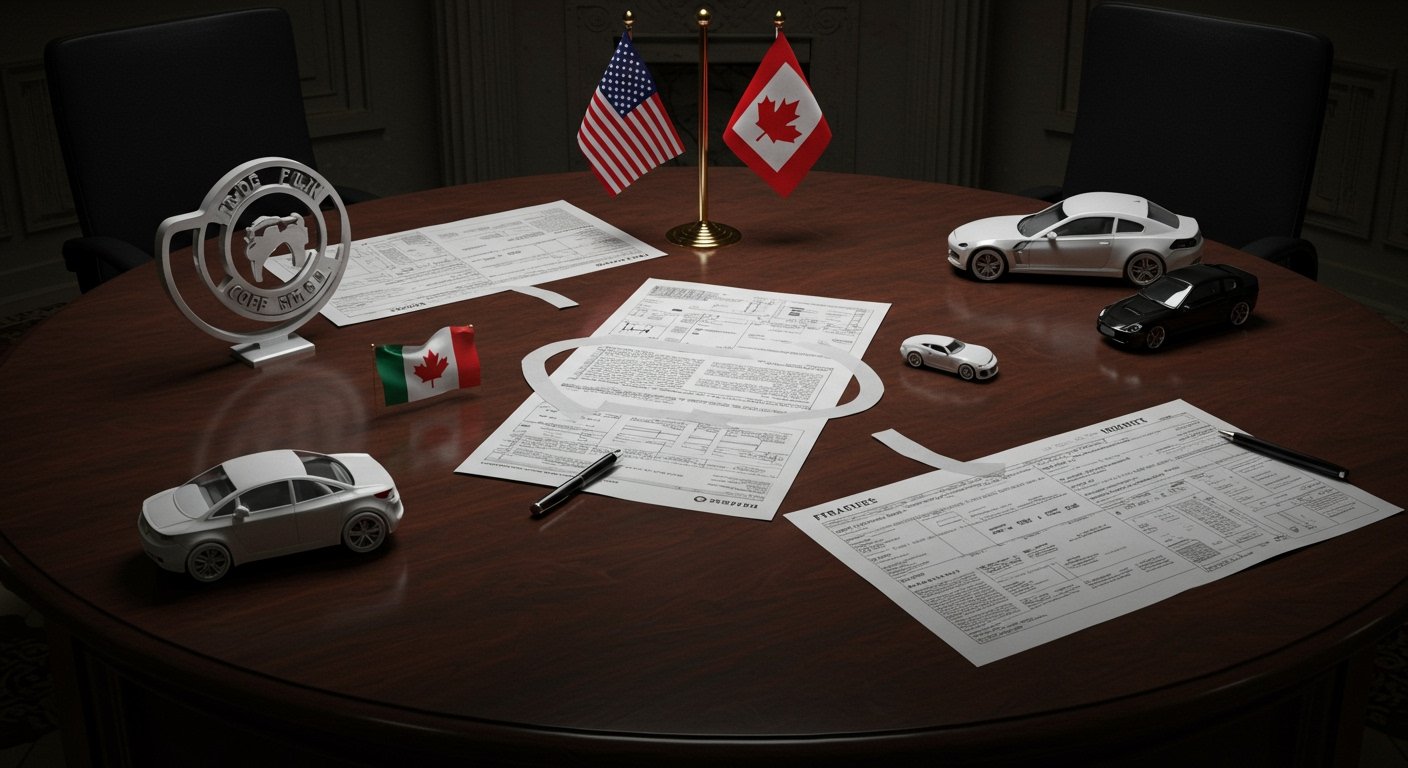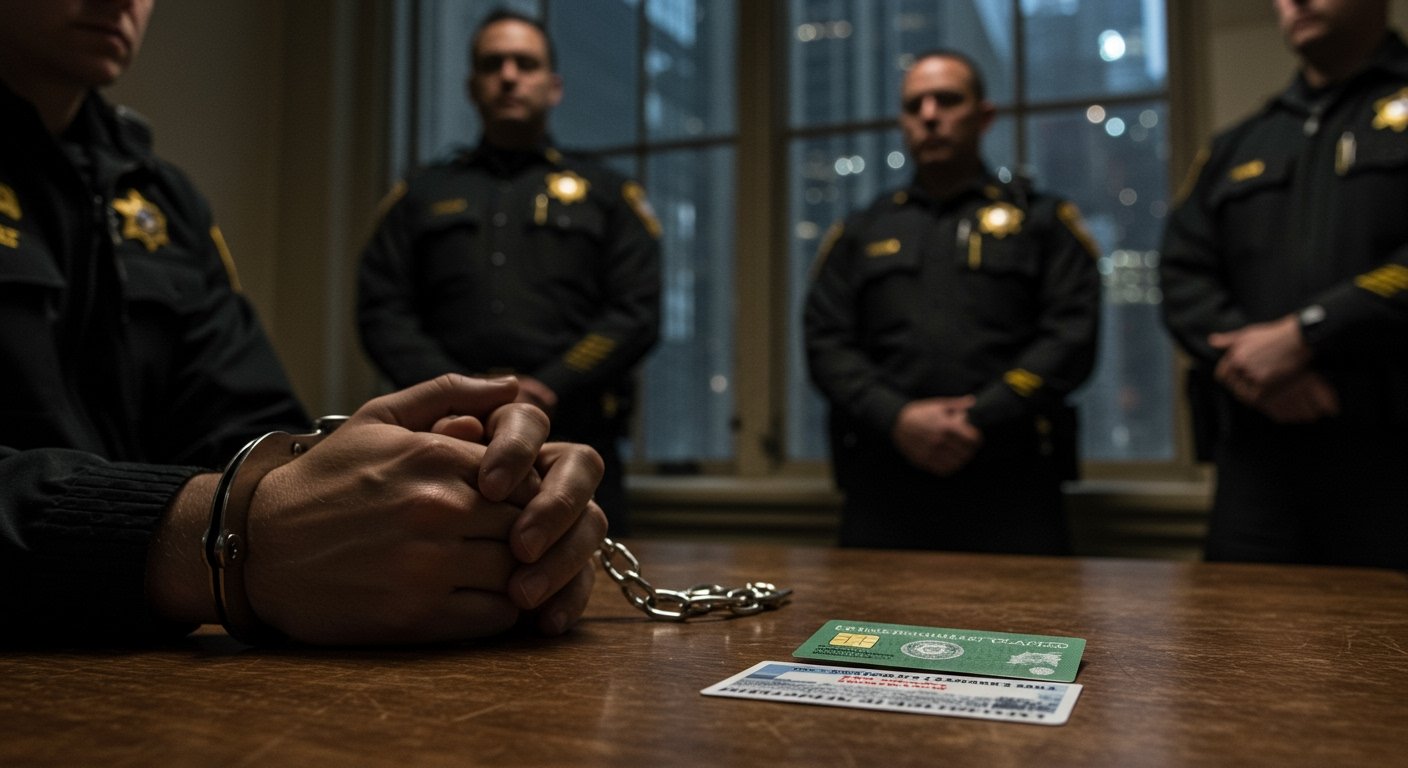Marc Fogel, a United States national held in Russia, has been released and safely returned to the United States. He arrived back on American soil on February 12, 2025, where he was met by President Donald Trump. The release marks the end of a lengthy detention that had become a point of concern for US officials and advocates.
The return of Fogel followed a period of intensive diplomatic engagement. The White House confirmed that the release was the result of negotiations led by President Trump’s Special Envoy, Steve Witkoff. Witkoff, tasked with securing Fogel’s freedom, successfully departed Russian airspace with the former detainee, underscoring the high-level nature of the effort.
Detention and Sentence in Russia
Fogel’s detention began in August 2021 when he was apprehended at a Moscow airport. Russian authorities discovered 17 grams of marijuana in his luggage. Fogel maintained that the marijuana was for medical use, a claim that did not prevent legal proceedings against him.
Despite his assertion regarding medical necessity, Russian prosecutors pursued drug smuggling charges. Fogel was subsequently convicted and received a sentence of 14 years in prison, a term widely regarded by his supporters as disproportionately harsh, particularly for the relatively small amount of marijuana involved and his stated purpose for possessing it. His case garnered significant attention as an example of the severe penalties faced by individuals in Russia on drug-related charges, including foreign nationals.
His situation had been closely watched, particularly as other Americans were released from Russian custody through prisoner exchanges. Notably, Fogel was not included in a previous high-profile prisoner swap that involved 24 individuals and took place in August of the previous year. His exclusion from that exchange raised questions about the complexity of his case and the obstacles to securing his release, making the success of the current diplomatic efforts all the more significant.
Diplomatic Efforts Securing Release
The specifics of the negotiations that led to Fogel’s release on February 12, 2025, have not been fully disclosed. However, the direct involvement of President Trump’s Special Envoy, Steve Witkoff, highlights the dedicated focus placed on securing Fogel’s return. The White House’s confirmation that Witkoff physically accompanied Fogel out of Russian territory indicates a hands-on approach to ensuring the successful completion of the release.
Diplomatic channels between Washington and Moscow have remained complex and often strained, particularly in recent years. Securing the release of detained individuals frequently requires navigating intricate political and legal landscapes. The success of Envoy Witkoff’s mission suggests that a pathway for negotiation, even in challenging circumstances, can yield results when focused efforts are applied.
President Trump’s Statement and Future Ties
Following Fogel’s return and meeting with President Trump, the former president issued a statement regarding the significance of the release. President Trump declared that Fogel’s return signals the start of fresh ties with Moscow. This statement suggests a potential shift or renewed effort in the relationship between the United States and Russia.
Crucially, President Trump linked this development to broader geopolitical goals, stating that these anticipated fresh ties with Moscow are aimed at ending the Ukraine war. This connection places Fogel’s release within a larger strategic context, potentially indicating a willingness to use diplomatic breakthroughs on individual cases as leverage or as a foundation for addressing more significant international conflicts. The statement offers a glimpse into the administration’s foreign policy objectives concerning Russia.
Broader Geopolitical Context
The release of Marc Fogel occurs against a backdrop of severely deteriorated relations between the United States and Russia, primarily driven by the ongoing conflict in Ukraine. The conflict has led to extensive sanctions, diplomatic expulsions, and a general chilling of communication channels.
Against this tense background, the successful negotiation and release of a US national held on a serious charge like drug smuggling represent a notable, albeit potentially isolated, instance of cooperation. While President Trump expressed hope that this event could pave the way for improved relations and contribute to resolving the Ukraine war, the long-term impact remains uncertain. The complexities of the political and military situation surrounding Ukraine and the multitude of other points of friction between the two global powers suggest that rebuilding comprehensive trust and cooperation will be a significant challenge. Nevertheless, the return of Marc Fogel on February 12, 2025, stands as a concrete outcome of focused diplomatic efforts at a time when such successes are rare.












